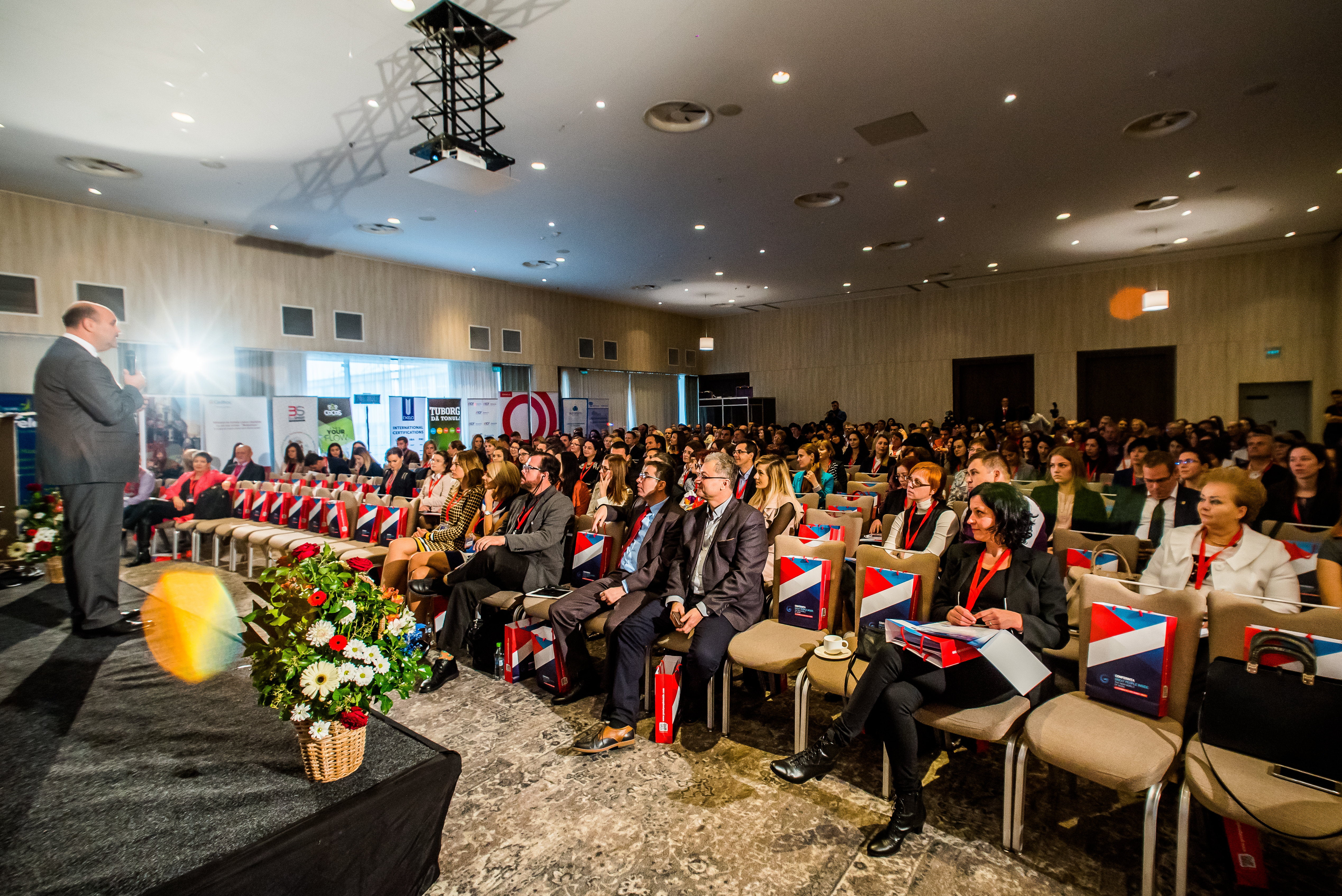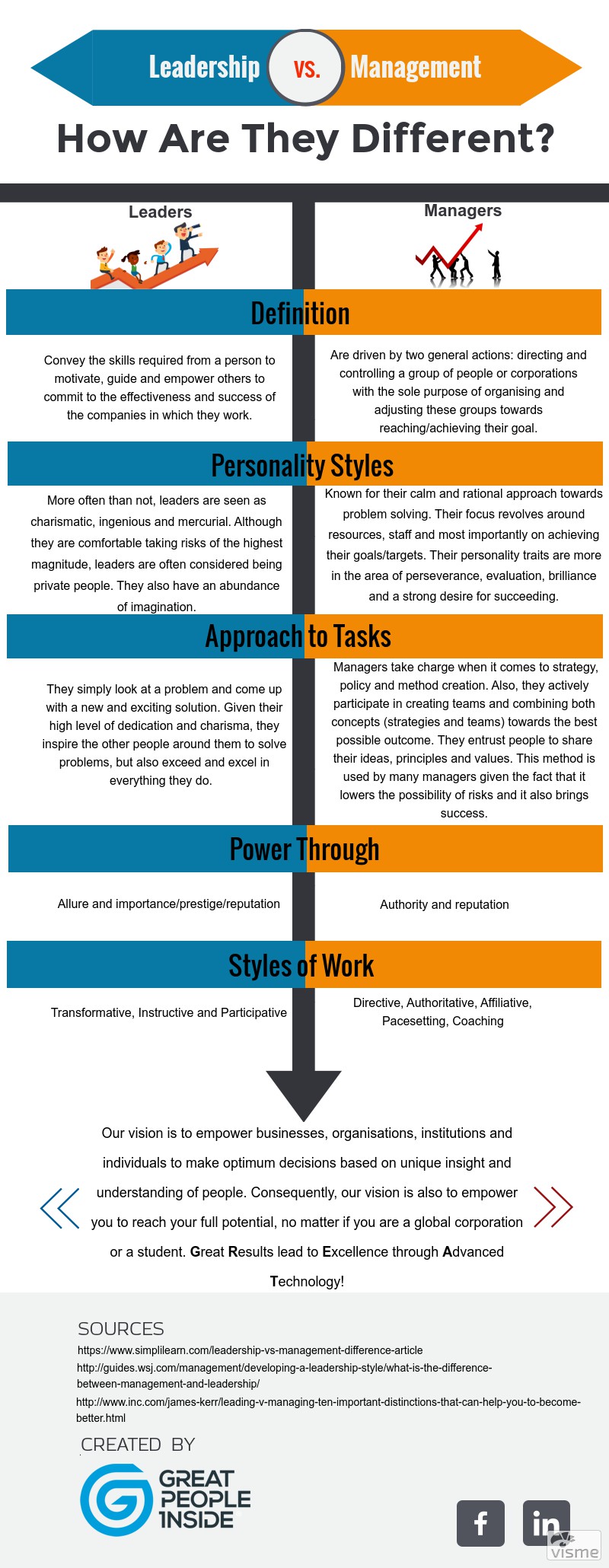Dealing With Stress, Step 6 and 7: Focus Attention Elsewhere
(This article is a part of a series; please start here)
Stop ruminating. It is natural, but not always constructive. I’d dare to say it almost never proves useful. It is not to say you shouldn’t analyse what happened; this helps you learn and get better at things. But it doesn’t help in any way to replay the movie time and again, beating yourself up or inventing alternative scenarios.
In order to stop brooding and start building, turn your attention to the outside. Consciously establish your objective: “I will scan the street and take in as many details of the outside world as I can“. Focus on things you like. If you are passionate about colors, look for every shade, for every nuance you encounter. If you are into smells, remark as many different smells, aromas, flavors as you can, from the fleeting perfumes of the passers-by to the thick smell of restaurant kitchens to the sharp smell of fresh paint as you pass by a door being redecorated. Whatever you like, look for it actively.
At first, this probably won’t last long. Your mind wants you ruminating. That’s OK. Don’t fret, don’t judge yourself, don’t try too hard. Observe the return to inner scenarios, file the fact away and get your eyes and attention back outside. Repeat as necessary.
If at all possible, take yourself into the nature: a wood, a park, a field. Nature is a healer, more so than any other man-made environment. But if you can’t, the cityscape will do nicely, as long as you remember that the essence is not succeeding in this exercise, but the repetition itself. Right, the repetition. Just like at the gym: it is not the weight you’re lifting, but how many times you lift it, that shapes muscles.
Attention and focus are much like muscles: you have to work them to make them stronger.
And while you’re at it, combine it with Step 7: straighten up. Raise your forehead, look upon the world as you own it and soon you will be better. “Fake it till you make it” is not a lie. It takes effort, for sure. But it works.
If your mind plays tricks on you, it is only adequate for you to play tricks back on it. You should be the winner.
By Catalin Octavian Blaga – Trainer Great People Inside
Trainer who turns business experience and psychology into impacting training programs… and more! You can find out more about Catalin by clicking here
Dealing With Stress, Step 5: Clinical Mode On
(This article is a part of a series; please start here)
Observing dispassionately allows control. Once you managed to take the previous step (dis-identifying Yourself from Mind) – or even at the same time – start observing yourself as you would an item in a museum.
Start by observing what happens inside your body. It is easier with the body, because it doesn’t play the identification trick. Scan your muscles, your gut, your heart, your face. Notice the tension in your arms and legs, notice the feeling of a solid rock in your belly, notice the fast-paced, shallow breathing, notice the sensation of heat in your cheeks.
Once you noticed those sensations, stop. Don’t take it further, don’t judge “I shouldn’t feel that, I shouldn’t be red-faced”. Just take the information in and file it without tagging it “good” or “bad”. Go back to scanning and do it as many times as you need to cool off.
After you get familiar with observing your body, you can take the next step and do the same with your mind. Observe what feelings it puts out. Name them as exactly as you can: “my mind is making me feel ashamed“, “my mind is making me feel furious“. It is good information. It is not something you should believe or act upon. If you can trace the source you’re even better off: “my mind makes me feel ashamed I made a mistake because in the first grade the teacher always made crude fun of me because I wasn’t talented at math“. Seeing the source is valuable, because it shows you that your mood has less to do with Now and more to do with The Past. The link is emotional, not rational.
If you have ever been in a negotiation with an used-cars salesman (or any slick, fast-talking sales guy), you know how you look at him working his number, recognize the tricks in his book and smile inwardly “You won’t catch me this time, dude!”
The same goes with your mind. It won’t catch you again, because you will recognize its trick, see right through them and take appropriate action, as opposed to the hasty things It wants you to do.
“Response” is the name of the game. “Reaction” is a thing of the past.
Continue with steps 6 and 7 by clicking here

By Catalin Octavian Blaga – Trainer Great People Inside
Trainer who turns business experience and psychology into impacting training programs… and more! You can find out more about Catalin by clicking here
This year’s edition of the Great People Inside annual conference has concluded!
Great People Inside Conference “The New World of Work” represented the most significant event of the year 2016 in the field of human resources in Romania, reuniting over 360 participants, among which were human resource managers and specialists from all industries, psychologists, young entrepreneurs, business-minded people, representatives of the largest consultancy companies, leaders of associations from various economic areas, as well as internationally renowned speakers.
We strongly believe that our guests’ presence, distinction and receptivity have been an important part of the conference’s success. We thank you for your support and we hope that you will participate in our future endeavours.
You can see the photos from the event by visiting our Facebook page Here.
To download the speakers’ presentations , please click Here.
Videos and footage of the event will be uploaded on our Youtube channel starting with 15th of November 2016.

Contempo Cars Brasov – Partner of the Great People Inside Conference: The New World of Work
BMW is the official car of the Great People Inside Conference: The New World of Work, the most prestigious HR event of 2016. Contempo Cars Brasov, BMW dealer, a model of innovation and leadership, will provide the organisers with the following BMW cars and limousines: BMW X3 2.0d xDrive, BMW X5 4.0d xDrive, BMW 750Ld xDrive, BMW 750Li xDrive, BMW 525d xDrive in order to ensure top quality transportation during the event.
Founded in 2001, the regional BMW dealership located in Brasov is one of the most important dealers in Romania and is a member of the largest BMW dealers association in Central and East Europe: Automobile Bavaria Group. The Contempo Cars showroom is located on D.N.1, as you exit Brasov towards Predeal, on the left side of the road. Besides its impressive variety of brand new BMW cars, Contempo also has a specialised car service, offering premium sales and post-sales services to every client in the area.
In addition to the brand new BMW car models it possesses, Contempo Cars also delivers second hand vehicles, through its BavariaUsedCars.com platform, which comes with a BMW quality guarantee certificate. For all second hand BMWs, you also get a full service history of the car and 24 months warranty with the possibility of acquiring the car through leasing.
In 2016, Contempo Cars Brasov was recognised as the best Central and Eastern Europe BMW dealership in history, for meeting the BMW standards for repair procedures. Throughout the years, Contempo Cars Brașov has endorsed numerous local cultural activities, besides the usual endavours specific to the automotive industry. For more information on the event and how to register, click here: http://greatpeopleinside.com/events-2/

Great People Inside – Finalists at EuroCloud Congress 2016 for “Best Cloud Start-up Service”
Great People Inside was among the 3 finalists for Best Cloud Start-up Service at the EuroCloud Congress 2016. We are deeply honoured to have made the finals among the top international Cloud providers. We are also proud that, during this past year, Great People Inside has evolved from a local start-up developed in Bucharest to an international company based in Singapore, having representative offices in Europe, Asia and North America.
EuroCloud is an independent non-profit organisation and consists of a two-tier setup where every European country can apply to participate in as long as they respect the EuroCloud Statutes. The Mission of EuroCloud EuropeEuroCloud Europe is a pan-European cloud innovation hub, a completely vendor neutral knowledge sharing network between Cloud Computing Customers and Providers, Start-ups and Research centres.
EuroCloud builds strong Relationships with local governments and the European Commission and supports a stimulating environment for the development and growth of Cloud Computing. EuroCloud sees Cloud Computing as one of the most important drivers of a knowledge based society, where physical resources are optimised and shared resources are common.

Dealing With Stress, Step 4: You Are Not Your Mood
(This article is a part of a series; please start here)
Your Mind and You are two different things. Any other part of your body hurting, you would say “my body part is hurting”. It is only with the mind that you say “I am hurting”.
Have you ever been overwhelmed by a feeling of dread, only to scan the near future and find nothing to explain that? It happens to me in the morning, usually. This is one of the many tricks in the mind’s arsenal. What happens is we surrender to the mood without questioning its validity.
But a bad mood is just that: a transient state of the mind. Brains have a way of taking over that other organs don’t. You just have to identify that for what it is: a state of one organ. Important, powerful, useful, but an organ nonetheless.
You can start by dis-identifying Yourself from Mind. Instead of simply surrendering and saying “I am anxious / furious / stressed out” switch to naming your feeling: “I feel anxiety / fury / stress“. This trick helps putting some distance between The Whole You and whatever happens inside.
Next, start calling out the perpetrator: “My mind is making me feel anxiety / fury / stress“. If you can, take a step back mentally and “see” your mind playing its little tricks.
Stop identifying yourself with the workings of your mind. Take a step back. Cool down. It is the most direct way of replacing reaction with response.
By Catalin Octavian Blaga – Trainer Great People Inside
Trainer who turns business experience and psychology into impacting training programs… and more! You can find out more about Catalin by clicking here
Dealing With Stress: A Step-By-Step How-To Guide (Overview)
Stressed out by that presentation you must deliver tomorrow? Can’t stand your obnoxious cubicle mate one more second? Boss is giving you grief for the sake of it and you’re dreading each morning? Well, you’re not alone. Neither are you powerless.
Here are some steps to take when stress, anxiety or any negative emotion, really, become overwhelming. They work for me, as they do for other individuals I know.
That said, two words of advice:
– although what I present you works, it is by no means the perfect way, the only way or The Way. We are all individuals and each one will eventually tweak, change and modify the method to find what suits best. Please take all that only as a start, a general guideline;
– ideally, you’d want to do all this right there and then. I know this is not always possible – we’re all human and, in the heat of the moment, it is hard to maintain composure and remember things we should do. We react as we are wired, mostly. In that case, do the exercise later – it is still hugely useful, if only as preparation for the next heated moments (they will come for sure!).
- You are not the only one in such a predicament: we all have rough patches and difficult moments. Some of us are better at hiding it, but on the inside we’re all the same color. That colleague that keeps his cool and turns robot-like in a crisis? Aloofness may be his way to keep the pain and anxiety from overwhelming him. That recently divorced mom of two, who gets out every night and feels wonderful now, that she’s single? It may well be that parties are her way of avoiding loneliness. They’re not really that tough; they’re just good at hiding it. You are not alone by any stretch. Remember that.
- Feelings are natural, they are not a flaw. We are wired to feel down, empty, nervous, anxious or furious. Don’t blame yourself; don’t let yourself tricked into buying in the trope of “you shouldn’t feel this way”. You feel what you feel. Let the feeling arise and go (and, as a side note, “should” is one of the most destructive words I’ve encountered – abandon it where it does harm!).
- Fighting the feeling will only enhance its grip. If you feel fear, feel it, it’s no shame. If what you feel is fury, let it be. Feelings only come to go away eventually. If you can, resolve to be a pipe for negative feelings, not a reservoir. Allow it to manifest, and then allow it to go away (refer to points 4 and 5 for that).
- You are not your mood. Generally speaking, you are not your brain. Do not identify with it. If you bump a toe on a bed post, your toe hurts, not the entirety of You. The same goes here: your brain oozes the mood, but you don’t have to drown in it. Simply observe your feelings, without judging them as “good” or “bad”. Replace “I am angry” with “I feel anger” or even with “My brain makes me feel anger“. Distance does cool down heated feelings.
- Switch to “Clinical Mode On”. “Clinical mode” is what I call when I observe what I feel without getting entangled, just like a wildlife biologist observes a lion hunting and killing an antelope. For sure, it is a tragedy for the antelope, and the scientist acknowledges and accepts that. He can even feel sad for the animal; but, in the end, he is just an outside observer keeping clear of the drama. In the same way, you can observe what is going on with you, but not get involved.
- Direct your attention away from the events that caused the feelings. Brooding is natural – and unhelpful. Once the situation is gone, let it be gone. Pay deliberate attention to the outside. Take a walk – if you can – and strive to consciously observe all and any details of the world. Colors of the items in a shop window? See how many different shades you can count. Benches with people resting? See if you can observe the shape and shade of each one or any differences between various benches. A cute young couple passing by? Maybe you can observe gestures and guess what they’re talking about. You will come back to brooding, eventually. That’s OK, we humans are prone to that. Observe that return as you would observe a flashing shop sign – “My brain keeps returning to brooding“. Just get your eyes and mind out again.
- Straighten up. That’s right, I’m not joking: straighten up your back and keep your forehead and eyes pointing forward. It’s a neat little psychological trick: physiology influences the mind. Walk like you are happy and you’ll feel less gloom-and-doom inside.
- Accept. “Yeah, right, I should just accept I made a mess”. Hey, I can hear your thoughts! Stop that! Seriously now, “accepting” does not mean “I don’t care”. It means “I’m human, I will make errors and that says nothing about me as long as I strive in good faith to correct the consequences to the best of my abilities“. We all have our inglorious moments. We’re not less because of that. Accept that truth of life and move on.
Of course, none of the above comes naturally and all of it takes effort. Some of it will not be your cup of tea, for sure. No problem, just try something else until you find your own, personal way to bootstrap yourself out of the hole. And, when you have discovered neat little tricks, maybe you’ll return here and share those trick. You might make many unknown lives a little bit better.
PS: when working with yourself (which is what I propose here), the hardest part isn’t what, it’s the how. We all know we should calm down; how in heaven do I do it when I’m in flames?
That is why I thought some ideas on the how of stress management might prove useful for some people.
Do you want to find out more? Get in touch with a consultant now or request a free demo!
By Catalin Octavian Blaga – Trainer Great People Inside
Trainer who turns business experience and psychology into impacting training programs… and more
What are the leaders of today truly made of?
There’s been a long debate whether great leaders are born or made… As pointed out in an article on Forbes, it turns out that both parties are right. A definition of leadership, as suggested by researchers, would be a mixture of some genetics and of a whole lot more hard work and persistence. In fact, one study from The Leadership Quarterly on heritability (that is, the innate skills you bring to the table) and human development (what you learn along the way) estimated that leadership is 24% genetic and 76 percent learned.
However, some people strongly believe that you are brought into this world as a leader – and you cannot do anything about it.
Well, this stands true for a small percentage of the population. As a matter of fact, over the course of history, there were some people that undeniably had the leadership gene imprinted in their DNA. It is the case of those who gained followers due to their sheer presence and charisma: Abraham Lincoln, Martin Luther King Jr. and Mahatma Gandhi are just a few of them. People with a similar kind of gifts are born every day, even if they don’t have the same impact.
Research show that there are two innate traits that are common to the majority of successful leaders: extroversion and conscientiousness.
According to a meta-analysis led by Timothy Judge, Ph.D., a professor at the Mendoza College of Business at the University of Notre Dame, extroversion is the best predictor of leadership effectiveness, followed closely by conscientiousness.
As it is mentioned in an article from Business Insider, “psychologists define extroversion as sociability and enthusiasm, while conscientiousness refers to your organization and work ethic. More recent research has found that conscientiousness is the only major personality trait that consistently predicts success, largely because highly conscientious individuals are good at setting and working toward goals.”
What does this mean for the aspiring leaders? Well, if conscientiousness and extroversion are the only innate traits that commonly predict leadership effectiveness – and even those can be worked upon – then all you have to do is to improve and develop your other skills and behaviours that would make you a great leader. Aside from the well known qualities that have defined great leaders since the beginning of time – the ability to communicate effectively, fairness, foresight and inspiration – the dynamics of today’s business world require leaders to develop a whole new set of skills and abilities if they want to thrive in the VUCA environment that we live in (Volatility, Uncertainty, Complexity, Ambiguity).
Great People Inside through a&dc’ LIVED® model puts forward five elements that leaders need to focus on, in order to deliver tangible business results and shine in the VUCA world: Learning, Intellect, Values, Emotions and Drive. By mastering each of these five dimensions, the leaders will be fully equipped to face the challenges of an increasingly fast paced world of work.
Learning – Willing and able to adapt to new environments and challenges by drawing on learning and feedback from previous experiences.
Intellect – Thinks incisively, deals effectively with complex and ambiguous information, sees issues in the broader context and takes sound decisions based on this analysis.
Values – Acts in an authentic and consistent way, inspires trust and demonstrates integrity, courage and respect for others.
Emotions – Manages own emotions effectively, builds positive relationships and uses emotions to influence and inspire others.
Drive – Sets challenging goals, takes an action oriented approach and shows passion and determination to overcome obstacles, act decisively and achieve results.
These are all aspects that you can improve, and while some people are born with the innate traits that will make their leadership journey easier, none of them will prevail in today’s complex and unpredictable business world without working hard to constantly develop their abilities and without a insatiable hunger for learning.
We have an impressive assessment library with hundreds of dimensions that can be leveraged in creating a custom skills-based assessment that supports your organisation’s specific competencies and unique vision. Please contact us if you need to assess and develop the leaders in your company.





